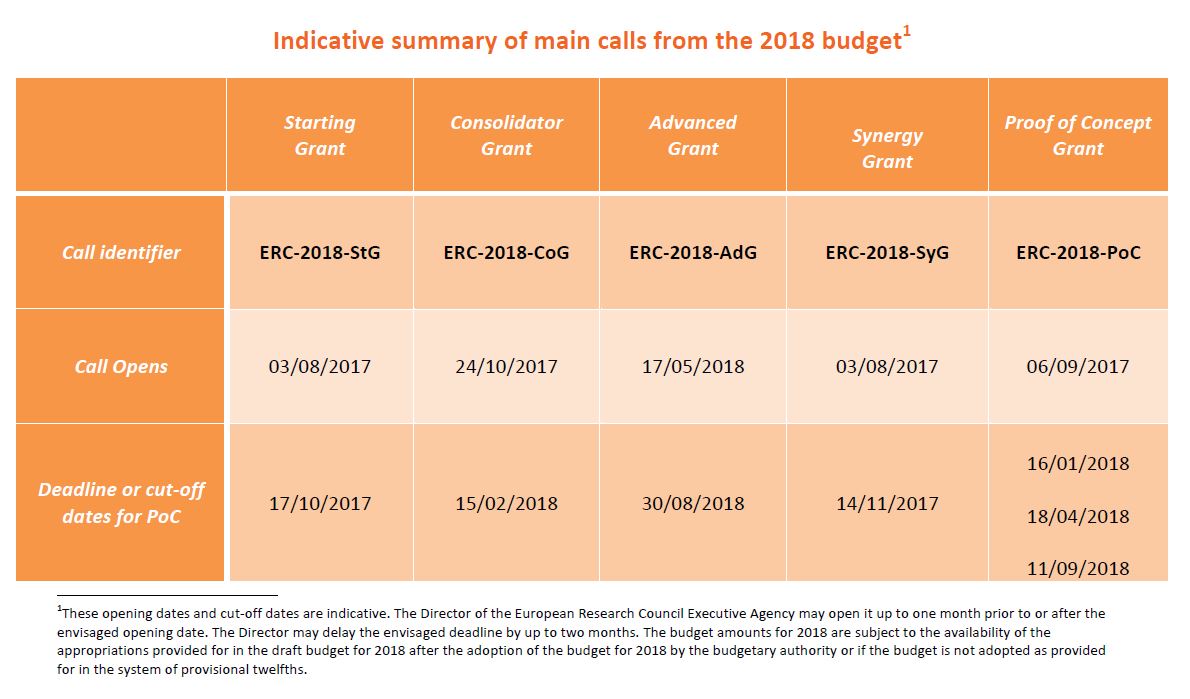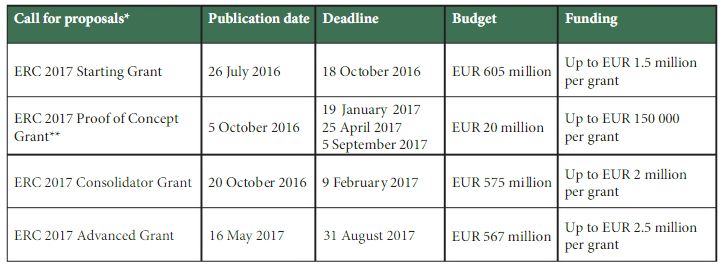A BU research project to develop a comprehensive human rights framework around mass graves has been awarded over £1.6 million from the European Research Council (ERC).
Mass Grave Protection, Investigation & Engagement: a comprehensive universal human rights framework – or MaGPIE – will be led by Professor Melanie Klinkner, Professor of International Law at BU.
There is also no universal framework for protecting and investigating mass graves to safeguard sites and human remains, as well as the rights and interests of survivors.
The MaGPIE project will respond to this significant knowledge and policy gap and develop a comprehensive human rights framework to inform the protection, investigation and stakeholder engagement around mass graves.
Professor Klinkner said: “I am grateful and honoured to have been given this opportunity by the European Research Council. Mass graves, the focus of my research, are a very sensitive topic: for each body concealed in a mass grave, there is a family or community suffering from anguish and grief.
“This five-year research project will explore how dignified, rights-compliant engagement with mass graves can be progressed, asking what and how we can do better for affected families and survivors.”
This work builds on Professor Klinkner’s research into the protection and investigation of mass graves.
This includes projects to examine when mapping of mass graves should be avoided or kept secret so that protection is not jeopardised, exploring how states deal with missing persons cases, and the publication of the international standard-setting Bournemouth Protocol of Mass Grave Protection and Investigation. It also continues a long-standing collaboration with the International Commission on Missing Persons (ICMP).
Professor Einar Thorsen, Executive Dean of the Faculty of Media & Communication at Bournemouth University, said: “Receiving this prestigious and highly competitive award from the European Research Council is an outstanding achievement and testament to the quality of research being undertaken by Professor Klinkner and the team at Bournemouth University.
“Protecting mass graves and the rights of victims and their loved ones is an issue of international importance and this funding reflects our commitment to addressing global challenges and enriching society across research, education and practice.”
The funding of 1.9 million Euros (approximately £1.6 million) to support the MaGPIE project has been given as an European Research Council (ERC) Consolidator Grant.
Professor Klinkner is one of 321 researchers from 37 countries across Europe to receive the funding, chosen from 2,222 applications through a rigorous review process.
The funding – worth €657 million in total – is part of the EU’s Horizon Europe programme. It will help excellent scientists, who have 7 to 12 years’ experience after their PhDs, to pursue their most promising ideas. Only 31 British researchers, including Professor Klinkner, have been selected.
President of the European Research Council Prof. Maria Leptin said: “ERC Consolidator grants support researchers at a crucial time of their careers, strengthening their independence, reinforcing their teams and helping them establish themselves as leaders in their fields. And this backing above all gives them a chance to pursue their scientific dreams.”




 Events and Funding Opportunities:
Events and Funding Opportunities:
















 Dr. Ashraf cited on ‘Modest Fashion’ in The Guardian
Dr. Ashraf cited on ‘Modest Fashion’ in The Guardian NIHR-funded research launches website
NIHR-funded research launches website Academics write for newspaper in Nepal
Academics write for newspaper in Nepal New paper published on disability in women & girls
New paper published on disability in women & girls Global Consortium for Public Health Research 2025
Global Consortium for Public Health Research 2025 MSCA Postdoctoral Fellowships 2025 Call
MSCA Postdoctoral Fellowships 2025 Call ERC Advanced Grant 2025 Webinar
ERC Advanced Grant 2025 Webinar Horizon Europe Work Programme 2025 Published
Horizon Europe Work Programme 2025 Published Horizon Europe 2025 Work Programme pre-Published
Horizon Europe 2025 Work Programme pre-Published Update on UKRO services
Update on UKRO services European research project exploring use of ‘virtual twins’ to better manage metabolic associated fatty liver disease
European research project exploring use of ‘virtual twins’ to better manage metabolic associated fatty liver disease